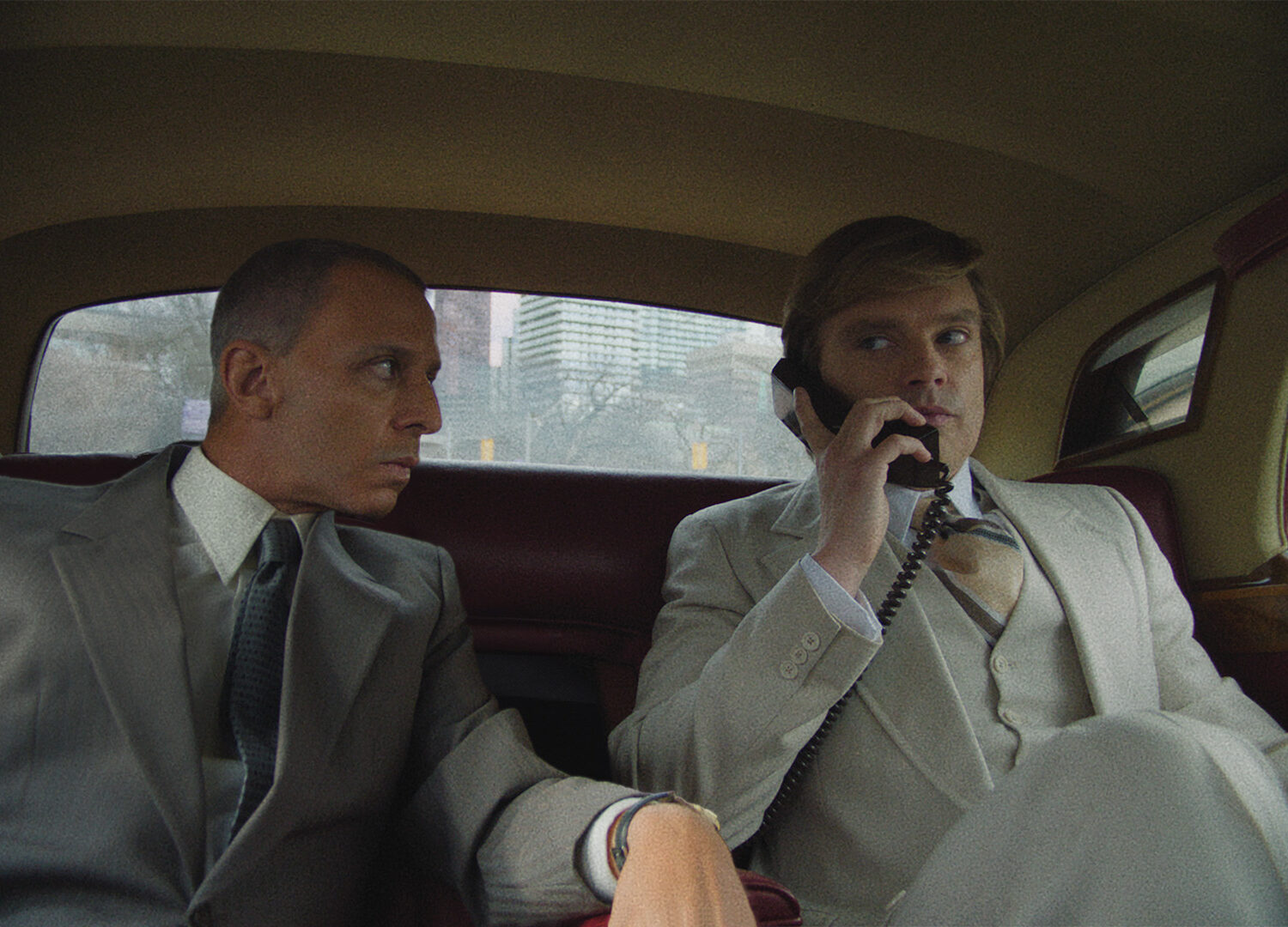At one point in the film a reporter asks young Donald, who is still just an unscrupulous brick mogul, “What would you do if you lost all your wealth?” He says, “I would probably run for president of the United States.”
The Apprentice is the film directed by Ali Abassi that chronicles Donald Trump starting in the 1970s, in his first two decades of his career, based on an original screenplay written by journalist Gabriel Sherman, political correspondent for Vanity Fair and expert on the American Right.
The film is released in U.S. theaters on Oct. 11 (in Italian theaters on Oct. 17, distributed by BIM) a little less than a month before the presidential elections that will be held on Nov. 5 and will see Trump running with the Republican party to attempt a second term, as opposed to Democrat Kamala Harris. As we can imagine, it is bound to stir up a hornet’s nest in the U.S.: already at its world premiere at the Cannes Film Festival (where it arrived without a U.S. distributor) it divided critics between supporters and detractors of the former president, while Variety called it “garbage” and “pure defamation.”
The fact is that what appears in the film is a portrait of Trump that is not at all flattering, in fact, let’s face it: frightening.
We are in New York, it is the early 1970s, and Donald (played by the excellent Sebastian Stan) is a young man of high hopes obsessed with his forelock and devoured by ambition. His father Fred is a builder of some importance who, however, does not give him confidence; after all, he is still immature, somewhat clueless and often gaffeur-we will see in one scene how in Aspen, while inviting what will become his wife Ivanka (Maria Balakova) to dinner, he slips on the snow and ends up on the ground. Yet Donald soon manages to carve out a space for himself, getting into the good graces of controversial lawyer and fixer Roy Cohn (an extraordinary Jeremy Strong).
In an important scene in the film it is Cohn himself who shares with the pupil the “rules for winning” that Trump will make his own: number one, attack, attack, attack. Number two, admit nothing, deny everything. Number three: declare victory and never admit defeat. Thus instructed by a mentor who comes across as a totally unscrupulous and moral character, Donald will get his career off the ground, build great hotels and marry the dream woman who initially rejected him.
However, the personal price to pay is extremely high: as he succeeds and gets rich by bribing and blackmailing, the ambitious young man turns into a kind of emotionless monster, capable of turning his back on his struggling brother, cheating his own family, and, in the grand finale, disowning mentor Cohn himself, now sick with AIDS and in need of help.
This is what the film tells, and it is not my task here to determine whether it actually corresponds to the truth. Rather, I leave the word to its creators.
“The film is not a biopic about Donald Trump. We are not interested in telling his life from A to Z, but a very specific story through his relationship with Roy Cohn,” said director Abbassi. And screenwriter Sherman: “It occurred to me that the way this mentor taught the young disciple how to speak and how to use all his lessons in the dark art to gain power, could become a movie.”
Sherman also recounted conducting extensive research, viewing original footage and interviewing people who had known Trump as a child and former Cohn colleagues, including his longtime assistant Susan Bell and others from his New York firm, Saxe, Bacon & Bolan. “You think of Trump as a divisive figure, but really he is like an actor who has been playing a role for so long that it becomes his identity,” she pointed out. “Yet, when he was in his early 20s and just starting out, he was a much less structured person. He was aggressive and ambitious, but if you look at his early interviews, he’s affable, a little hesitant. He has a certain charm. He is also a bit insecure, the opposite of the man we know today. That was one of the most exciting parts of the project: exploring these aspects of his character that no one ever talks about.”
In conclusion, a few words should be spent on the excellent direction, which nicely reconstructs the mood of the 1970s and 1980s, and on the performance of the two leads Stan and Strong, which is really very convincing.
The article <i>The Apprentice</i>: film about Donald Trump debuts in theaters on the eve of the U.S. presidential election comes from TheNewyorker.

